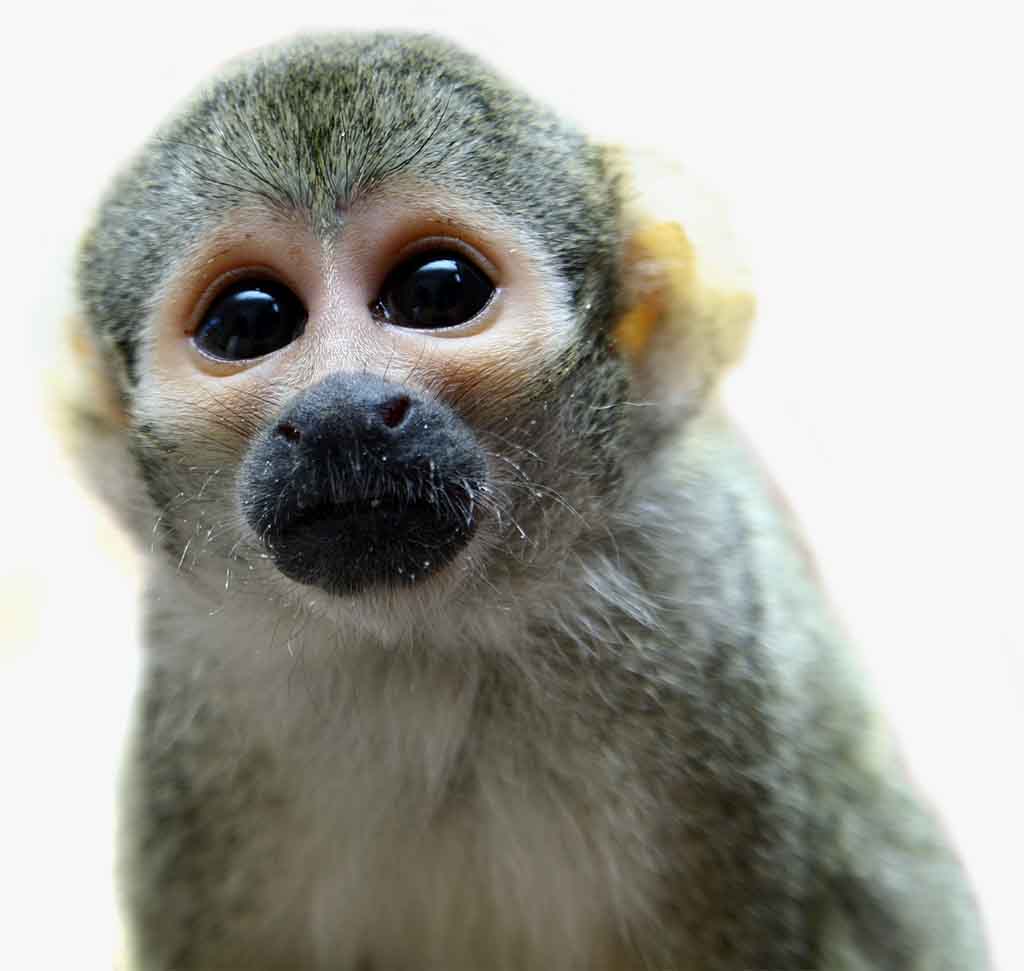The Harris's hawk (Parabuteo unicinctus), formerly known as the bay-winged hawk or dusky hawk, and known in Latin America as peuco, is a medium-large bird of prey that breeds from the southwestern United States south to Chile, central Argentina, and Brazil. Birds are sometimes reported at large in Western Europe, especially Britain, but it is a popular species in falconry and these records almost certainly all refer to escapes from captivity.
The name is derived from the Greek para, meaning beside, near or like, and the Latin buteo, referring to a kind of buzzard; uni meaning once; and cinctus meaning girdled, referring to the white band at the tip of the tail. John James Audubon gave this bird its English name in honor of his ornithological companion, financial supporter, and friend Edward Harris.
The Harris's hawk is notable for its behavior of hunting cooperatively in packs consisting of tolerant groups, while other raptors often hunt alone. Harris hawks' social nature has been attributed to their intelligence, which makes them easy to train and have made them a popular bird for use in falconry.
The Harris Hawk is native to the USA and parts of South America and can be found in dry bushland, semi-desert and woodland.
As carnivores (meat eaters), their diet consists of small mammals like rats and mice, birds, lizards and carrion (dead animals).
25 years.
Least Concern.
This species live in family groups called ‘casts’ which is unusual for birds of prey. There is a strict hierarchy in these casts, of which females are dominant. they also hunt in family groups and are known as the ‘Wolves of the Sky’ due to their pack like behaviour.
